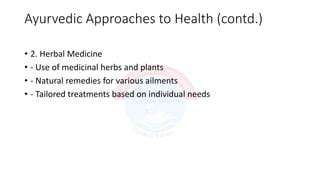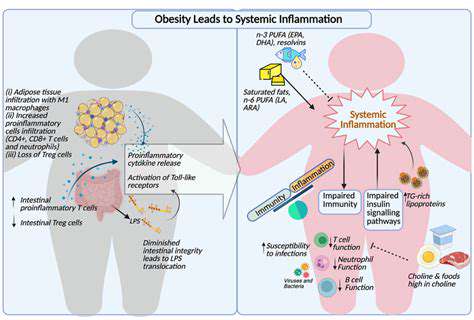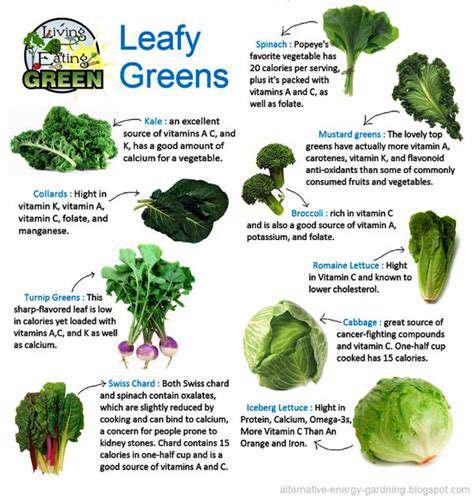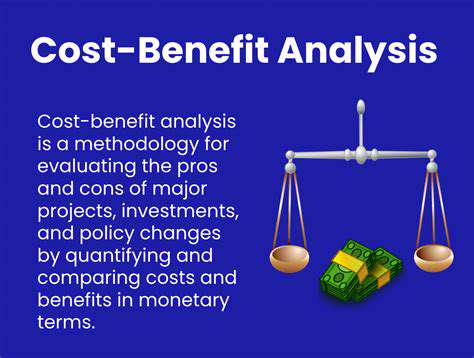Are Organic Foods Worth the Extra Cost?

Understanding Organic Practices
At its heart, organic farming champions natural techniques for growing crops and raising livestock. This approach specifically shuns synthetic pesticides, herbicides, and fertilizers, turning instead to time-honored methods like crop rotation, composting, and biological pest control. These methods strive to nurture a more balanced ecosystem where both land and its inhabitants can thrive.
Biodiversity stands as a cornerstone of organic agriculture. By cultivating diverse ecosystems, organic farms become havens for beneficial insects, birds, and microorganisms that naturally regulate pests and enrich soil quality. This comprehensive perspective on farming looks beyond mere productivity, considering the intricate web of life that sustains agriculture.
The Environmental Benefits of Organic
Organic farming delivers measurable environmental advantages. The elimination of synthetic chemicals significantly reduces contamination of waterways and soil, safeguarding these precious resources for future generations. Perhaps most notably, organic methods dramatically cut harmful agricultural runoff and greenhouse gas emissions.
This chemical-free approach particularly benefits pollinators and other ecologically vital insects. By fostering balanced ecosystems, organic farms contribute to environmental resilience, potentially helping mitigate climate change impacts.
The Health Implications of Organic Food
Health-conscious consumers increasingly favor organic options due to their reduced chemical exposure. The absence of synthetic pesticide residues makes organic produce particularly appealing to families concerned about long-term health effects. Research indicates that organic farming methods often yield crops with enhanced nutritional profiles compared to conventional alternatives.
The Economic Considerations of Organic
While perceived as costly, organic agriculture presents unique economic opportunities. Certification allows farmers to command premium prices, while growing consumer demand creates expanding market potential. This rising popularity translates to increased profitability for farms embracing organic methods.
The transition to organic does require initial investments in equipment and training, presenting challenges especially for established conventional operations. Careful financial planning becomes essential during this conversion period.
The Social Impact of Organic Farming
Organic farming cultivates stronger agricultural communities through shared values and practices. This collaborative environment fosters knowledge exchange among producers while supporting local economies through job creation in certification, processing, and distribution sectors. By prioritizing local organic systems, communities enhance both economic stability and food security.
Choosing organic empowers farmers to make environmentally responsible decisions that benefit both their livelihoods and the planet's health.
Environmental Impact and Sustainability: A Crucial Consideration
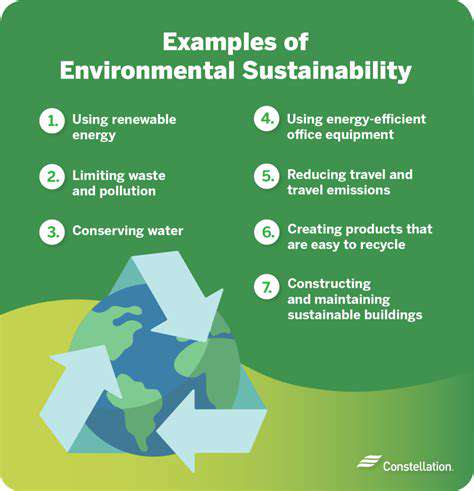
Environmental Impact of Modern Agriculture
Contemporary farming methods, despite boosting yields, frequently degrade environmental quality. Industrial farming practices rapidly deplete soil nutrients, triggering long-term fertility decline and necessitating increasing chemical inputs. These synthetic additives often pollute waterways while agricultural machinery emissions exacerbate climate change through greenhouse gas production.
Agricultural expansion continues to drive deforestation, destroying critical wildlife habitats and disrupting delicate ecosystems. These environmental consequences manifest most severely in already vulnerable regions, creating cascading ecological effects.
Sustainable Agricultural Practices
Fortunately, sustainable farming methods provide viable alternatives. By prioritizing soil conservation, water efficiency, and biodiversity, these approaches maintain productivity while protecting environmental health. Techniques including rotational planting, cover crops, and biological pest control reduce synthetic dependence while strengthening farm resilience.
Water Conservation in Agriculture
With water scarcity increasing globally, efficient irrigation becomes paramount. Precision systems like drip irrigation minimize waste by delivering water directly to plant roots. Drought-resistant crop varieties and water-smart farming techniques offer additional conservation strategies. Such innovations prove particularly valuable in arid regions facing mounting water stress.
Soil Health and Fertility
Vibrant soil ecosystems form the foundation of productive agriculture. Degraded soils produce lower yields while demanding more chemical inputs, creating a destructive cycle. Sustainable practices like organic amendments, reduced tillage, and microbial inoculants rebuild soil structure and water retention capacity, ensuring long-term viability.
Biodiversity Conservation
Agricultural landscapes can actively support wildlife when managed thoughtfully. Incorporating native vegetation, maintaining hedgerows, and planting diverse crops creates habitat for pollinators and beneficial species. This ecological integration enhances natural pest control while improving overall ecosystem stability.
Greenhouse Gas Emissions and Climate Change
Agriculture significantly contributes to climate change through methane and nitrous oxide emissions. Implementing regenerative grazing practices, optimizing fertilizer use, and adopting renewable energy can dramatically reduce agriculture's carbon footprint. These climate-smart approaches help mitigate farming's environmental impact while maintaining production levels.
Economic Viability of Sustainable Practices
While requiring initial investment, sustainable methods often prove economically advantageous long-term. Reduced input costs, improved yields, and premium markets for eco-conscious products create financial incentives. Consumer demand for sustainably grown food continues rising, presenting expanding opportunities for forward-thinking producers.
The Bottom Line: Weighing the Pros and Cons
Organic Food Benefits: A Closer Look
Despite higher costs, organic products offer distinct advantages. Grown without synthetic chemicals, they minimize consumer exposure to potentially harmful residues. This proves especially important for vulnerable populations like children. Additionally, organic methods support environmental health through enhanced biodiversity and soil conservation.
Potential Health Impacts: Evidence and Concerns
The health benefits of organic consumption remain scientifically debated. While some studies show reduced pesticide exposure, conclusive evidence of superior nutritional value remains limited. Individual responses vary significantly, and more longitudinal research is needed to fully understand organic food's health implications.
Environmental Considerations: A Sustainable Choice?
Organic farming generally demonstrates stronger environmental performance, particularly regarding chemical use reduction. However, comprehensive sustainability assessments must consider factors like land efficiency, transportation impacts, and processing methods throughout the entire supply chain.
Cost Comparison: Organic vs. Conventional
The price premium for organic goods reflects higher production costs and certification expenses. Consumers must balance potential health and environmental benefits against budget constraints when making purchasing decisions.
Consumer Choices and Preferences: A Personal Perspective
Organic purchasing decisions ultimately reflect individual priorities regarding health, environmental concerns, and financial considerations. Understanding these diverse motivations provides insight into evolving food market trends.
The Role of Government Regulations and Standards: Maintaining Quality
Regulatory frameworks ensure organic labeling integrity and production standards. Informed consumers should understand certification requirements to make confident purchasing decisions aligned with their values.
